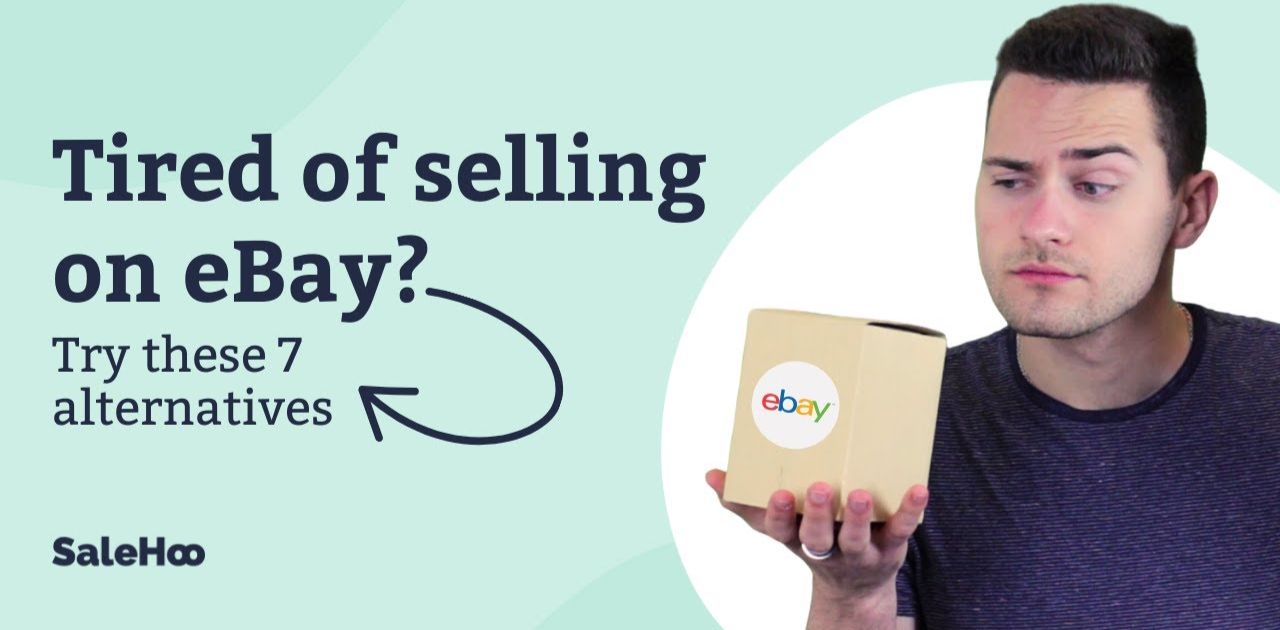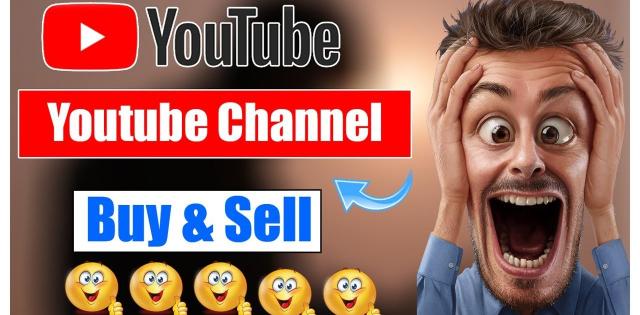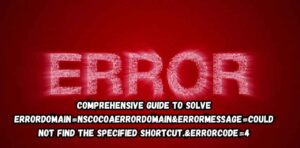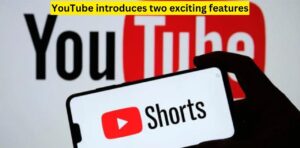Whether you can selling a YouTube channel garners significant interest among content creators, digital marketers, and entrepreneurs. With the rising prominence of YouTube as a substantial platform for video content.
It is understanding the nuances of channel ownership, transferability, and the policies governing such actions. This article provides an in-depth look into the legality, process, and implications of selling a YouTube channel.
Understanding YouTube’s Terms of Service
Understanding YouTube’s Terms of Service is important for anyone who uses the platform, even if you’re just a prep school student. It’s like learning the rules of a game before playing. YouTube has guidelines to make sure everyone plays fair and stays safe. Just like in school, YouTube has its own set of rules to follow, and they’re written in a document called “Terms of Service.”
It tells you what you can and can’t do on the platform. So, if you’re thinking about selling a YouTube channel, make sure to check these rules first to avoid any trouble.
YouTube’s Stance on Channel Ownership
YouTube’s terms of service (ToS) are the primary guide to understanding what is permissible regarding channel ownership. According to YouTube’s policies, the right of a channel is tied to the Google account it’s associated with. This implies that the track itself is an asset of the account holder.
Policy on Transfer of Ownership
The ToS does not explicitly address the sale of a channel but outlines guidelines on account transfer and usage. Comprehending these guidelines is essential to gauge the feasibility and legality of selling a YouTube channel.
Legal and Ethical Considerations
When thinking about selling a YouTube channel, it’s important to consider legal and ethical aspects. This means following rules and being fair. Legal things are like laws, which we must not break. Ethical things are about what’s right and wrong. For example, we should be honest and not trick people.
So, when deciding to sell a YouTube channel, we need to think about these rules and what’s fair to everyone involved. It’s like playing a game – we need to play by the rules and be a good sport.
Legal Framework
The legal aspect of selling a YouTube channel can be complex. It involves the transfer of intellectual property, including videos, branding, and potentially the audience built around the track.
Ethical Implications
Ethically, selling a channel raises questions about the authenticity and continuity of the content, audience deception, and potential misuse of the platform.
The Process of Selling a YouTube Channel
Selling a YouTube channel involves several steps. First, understand the platform’s rules about channel transfers. Next, gather details about your channel, like subscribers and views. Then, create a clear description for potential buyers. Use online platforms to find interested buyers, and be ready to negotiate a fair price. Once a deal is made, follow YouTube’s guidelines to transfer ownership.
It’s important to be honest and transparent throughout the process. Selling a YouTube channel requires careful planning and communication to ensure a smooth transition for both parties involved.
Preparing for Sale
Before considering a sale, it’s vital to:
- Audit the Channel: Assess the content, audience demographics, engagement metrics, and revenue streams.
- Valuate the Channel: Determine a fair market value based on metrics like subscriber count, average views, and revenue generation.
Finding a Buyer
Locating a buyer for a YouTube channel involves:
- Networking within Industry Circles: Engaging with content creators, digital marketers, and businesses interested in digital assets.
- Utilizing Online Marketplaces: Some platforms specialize in selling digital properties, including YouTube channels.
Transfer Process
Transferring ownership involves:
- Handing Over Google Account Details: This is a necessary step since the channel is tied to the Google account.
- Transferring Associated Assets includes any branding materials, social media accounts, and other related assets.
Risks and Challenges
Violation of Terms
Selling a channel may risk violating YouTube’s TOS, potentially leading to the channel’s termination.
Audience Reaction
An abrupt change in ownership can lead to adverse audience reactions, impacting the channel’s performance.
Legal Risks
The transfer of intellectual property rights and potential contractual obligations poses legal risks that must be carefully managed.
Table: Pros and Cons of Selling a YouTube Channel
| Pros | Cons |
| Financial Gain: Immediate monetary benefit from the sale. | Risk of ToS Violation: Potential breach of YouTube’s terms. |
| Transfer of Assets: Opportunity to monetize the built audience and content. | Audience Backlash: Risk of losing subscribers and viewers. |
| Business Opportunity: Attracts entrepreneurs looking to enter the YouTube space. | Legal Complications: Intellectual property and contract issues. |
Alternatives to Selling

Collaborations and Partnerships
Forming partnerships or collaborations can be more viable than selling, allowing for shared benefits without the risks associated with a complete transfer of ownership.
Channel Management Contracts
Hiring a management team or entering a management contract can help optimize the channel’s performance while retaining ownership.
FAQ’s
How much is a YouTube channel worth?
The value of a YouTube channel varies widely, depending on factors like subscribers, content, and engagement.
Are you allowed to buy a YouTube channel?
Yes, you can buy a YouTube channel, but it’s essential to comply with YouTube’s terms of service.
Is it legal to sell subscribers on YouTube?
The cost to buy a YouTube channel varies based on its size, niche, and audience.
Selling subscribers on YouTube is against the platform’s terms of service and can lead to penalties.
Can I watch my video on YouTube to get 4000 watch hours?
Watching your video on YouTube won’t count towards the 4000 watch hours requirement.
Will I get banned if I buy YouTube subscribers?
Buying YouTube subscribers can result in penalties, including channel suspension or banning.
Conclusion
Selling a YouTube channel is a complex and nuanced topic that intertwines legal, ethical, and practical considerations. While YouTube ToS does not explicitly prohibit the sale of a track, various risks and challenges are associated with such a transaction.
Content creators considering this route must carefully weigh the pros and cons, ensure compliance with legal and platform guidelines, and feel the long-term implications for their audience and content. Alternatives like collaborations, partnerships, and management contracts offer safer and more sustainable options for those looking to shift their focus from direct channel management.








